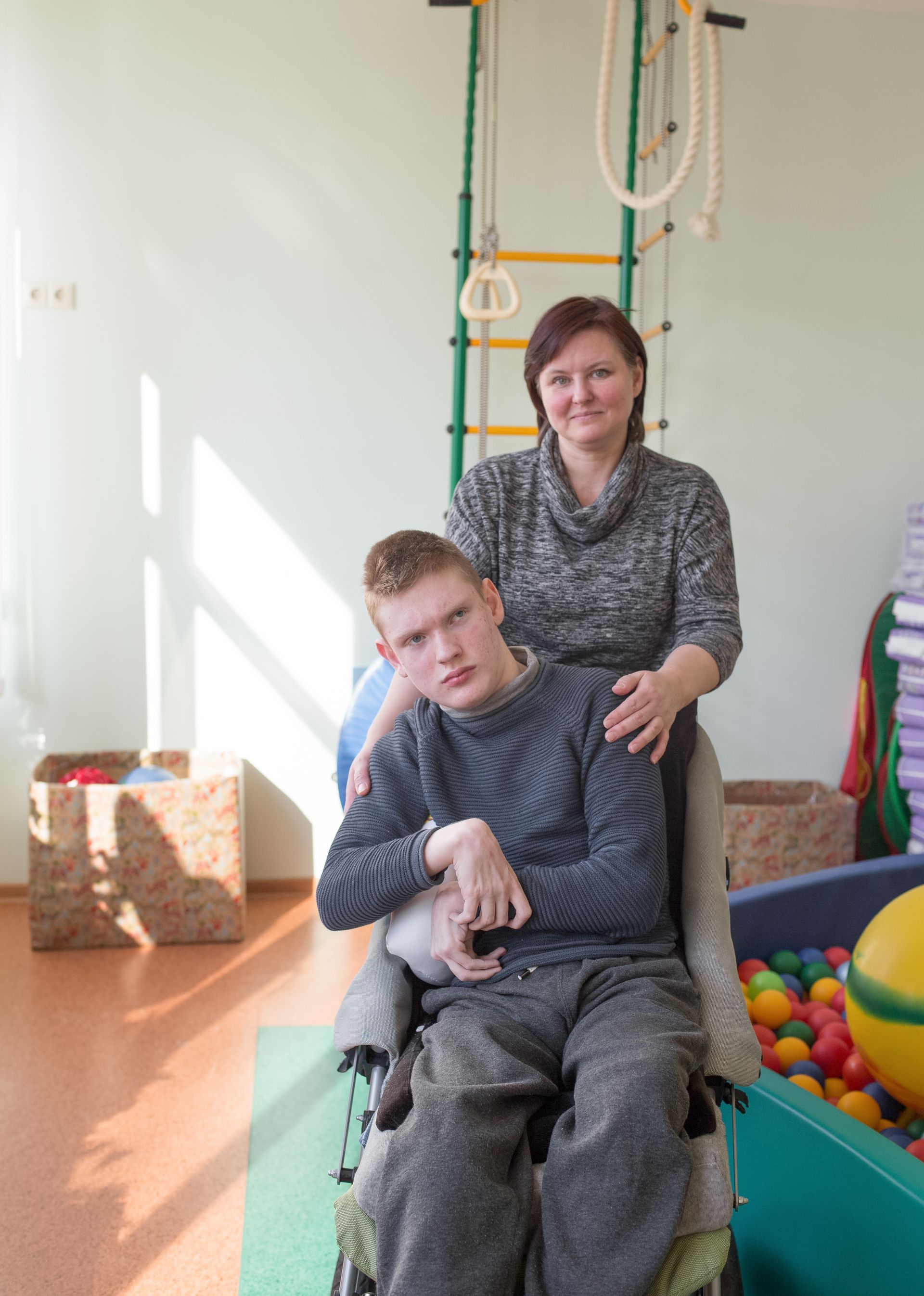Choosing a Family-Owned, Independent Home Care Provider: Why It Matters ?
As families navigate the challenging task of finding the right home care provider for their loved ones, the importance of making an informed decision cannot be overstated. When it comes to the well-being and happiness of your aging family members, opting for a family-owned, independent home care provider can make all the difference. In this blog post, we will explore the unique advantages and benefits that come with choosing such a provider.
Importance of a Family-Owned Care Service
A family-owned home care service brings a personal touch and a deep sense of commitment to the care they provide. Unlike larger, corporate agencies, family-owned providers prioritise individualised attention and maintain a strong focus on the details that matter most. With a family-owned care service, you can rest assured that your loved ones will receive the utmost care and support, backed by generations of family values and integrity.
Highly Trained Staff
At our family-owned home care agency, we understand the significance of having highly trained and qualified caregivers for your loved ones. Our team undergoes rigorous training and possesses the necessary qualifications to provide compassionate and professional care. We are committed to continuous learning and development to ensure that our staff remains up-to-date with the latest advancements in senior care. With our dedicated and skilled caregivers, you can have peace of mind knowing that your loved ones are in capable hands.
Benefits of Choosing an Independent Care Provider
One of the key advantages of selecting an independent home care provider is the flexibility and customised care plans they offer. Independent providers have the ability to tailor their services to the unique needs and preferences of each individual. This level of flexibility allows for personalised care plans that evolve alongside your loved one's changing needs. Additionally, by choosing an independent provider, you have direct communication and involvement in the decision-making process, ensuring that your family's specific requirements are met with precision and care.
Specific Services Offered for Elderly Care
As a family-owned, independent home care provider, we offer a comprehensive range of services designed specifically for elderly care. Our services encompass various aspects of daily living assistance, including personal care, medication management, companionship, and support with household chores. With our expertise and dedication, we strive to enhance the quality of life for your loved ones, allowing them to age comfortably and gracefully in the familiarity of their own homes.
Conclusion
Choosing the right home care provider is a decision that should not be taken lightly. By opting for a family-owned, independent agency, you are selecting a provider that upholds family values, provides highly trained staff, and offers the flexibility and customised care that your loved ones deserve. The commitment and dedication of a family-owned provider go beyond mere caregiving—they prioritise building meaningful relationships and fostering an environment of trust and compassion.
At our family-owned home care agency, we understand the importance of choosing the right care for your loved ones. With our unwavering commitment to excellence, we are confident that we can provide the compassionate and professional care that your family deserves. Trust us to be the partner in care that you can rely on.
Make the right choice—choose a family-owned, independent home care provider that truly cares.




